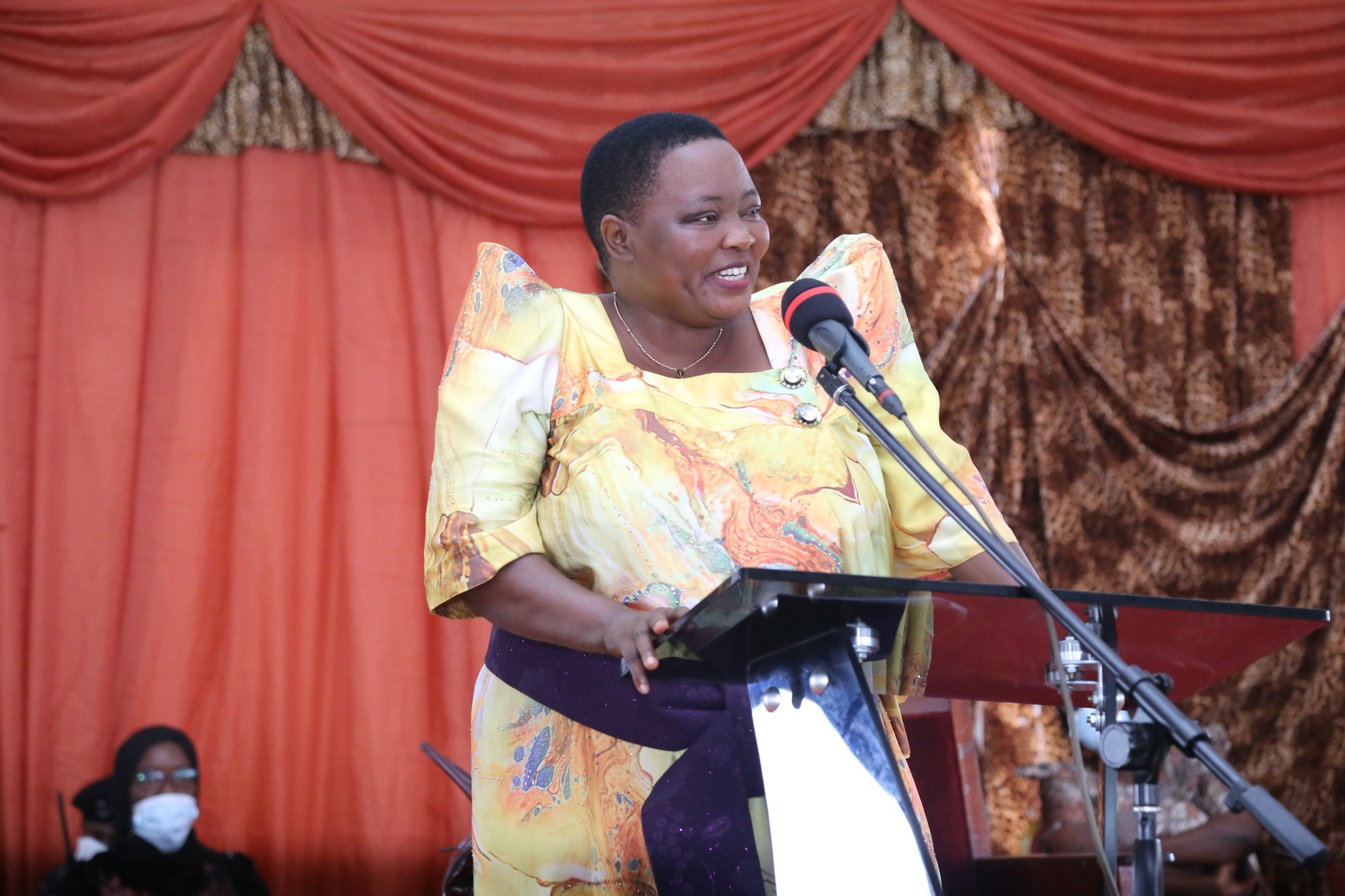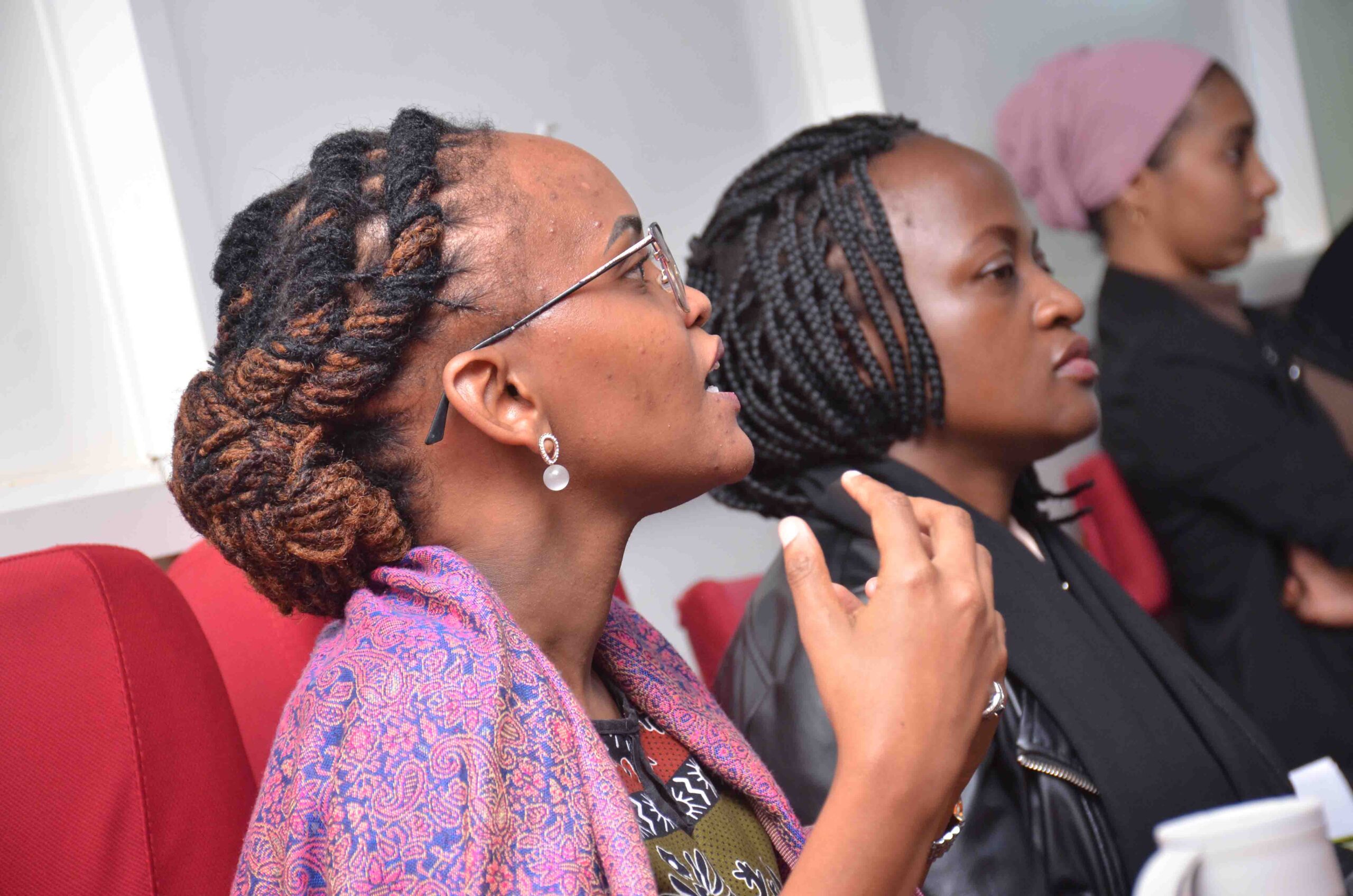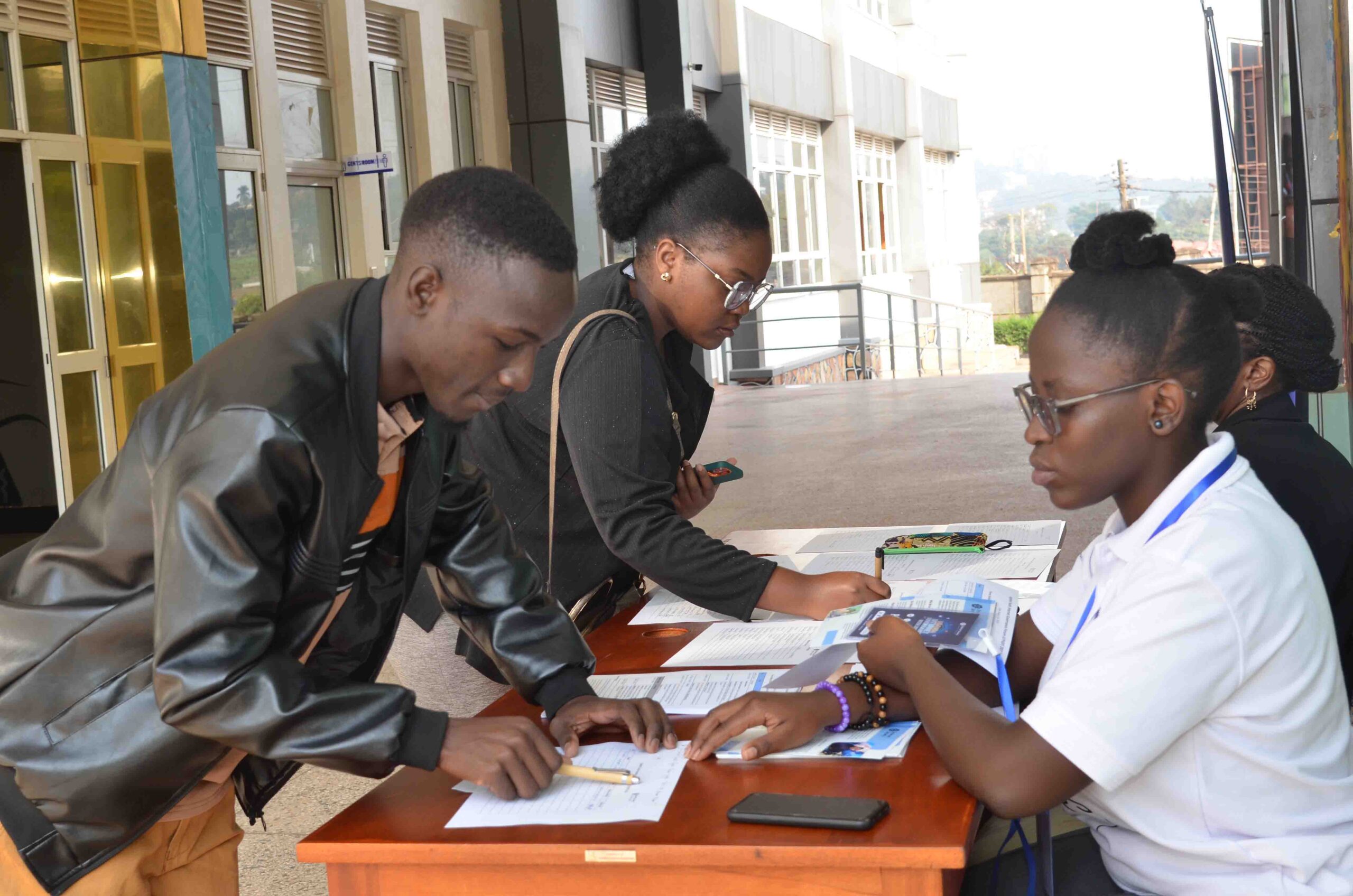Addressing Gender-Based Violence (GBV) at the Community Level: A Comprehensive Resource for the Ugandan Context
Women of the Luuka cell in Eastern Uganda after a discussion.
- 1. Introduction to Gender-Based Violence (GBV)Gender-Based Violence (GBV) encompasses harmful acts directed at individuals based on their gender. This includes physical, sexual, emotional, and economic abuse. In Uganda, GBV is deeply rooted in cultural norms, economic inequalities, and societal structures, making it a pervasive issue across communities.
2. Understanding the Ugandan Context
Uganda, like many other countries, faces significant challenges in addressing GBV. Key factors contributing to GBV include:
- Cultural Norms: Traditional beliefs often reinforce gender roles that subordinate women and justify violence.
- Economic Dependency: Women’s economic dependence on men can trap them in abusive relationships.
- Legal and Policy Framework: While Uganda has laws against GBV, enforcement is often weak due to lack of awareness, corruption, and limited resources.
- Limited Access to Support Services: Rural areas, in particular, lack adequate services for GBV survivors, such as shelters, counseling, and legal support.
3. Key Strategies for Addressing GBV at the Community Level
3.1. Community Mobilization and Awareness
Objective: Raise awareness and challenge the cultural norms that perpetuate GBV.
- Conduct Sensitization Campaigns: Use radio, community meetings, and local influencers to educate people about GBV, its impact, and the importance of gender equality.
- Engage Traditional and Religious Leaders: These figures hold significant influence in Ugandan communities. Training them to advocate against GBV can shift community norms.
- Utilize Media: Radio dramas, talk shows, and social media can be effective in reaching a wide audience with GBV prevention messages.
3.2. Strengthening Legal and Policy Frameworks
Objective: Ensure that GBV laws are enforced and that survivors have access to justice.
- Training Law Enforcement: Police and local authorities should be trained on GBV laws, how to handle cases sensitively, and the importance of protecting survivors.
- Community Justice Systems: Work with local councils (LCs) to integrate GBV issues into their conflict resolution mechanisms.
- Support Legal Aid Services: Partner with legal aid organizations to provide free or subsidized legal services to GBV survivors.
3.3. Economic Empowerment for Women
Objective: Reduce women’s vulnerability to GBV by improving their economic status.
- Support Income-Generating Activities: Provide training and resources for women to start small businesses or engage in farming activities.
- Create Savings and Credit Groups: Village Savings and Loan Associations (VSLAs) can empower women economically and create a support network for survivors of GBV.
- Skill Development: Offer vocational training in skills like tailoring, crafts, and agriculture to improve women’s income-generating potential.
3.4. Strengthening Support Services for Survivors
Objective: Ensure survivors of GBV receive comprehensive care and support.
- Establish Safe Spaces: Create shelters where survivors can find refuge, counseling, and support.
- Provide Medical and Psychological Support: Train health workers to offer trauma-informed care and establish referral systems for specialized services.
- Promote Legal Support: Ensure survivors have access to legal aid to pursue justice and protection orders.
3.5. Engaging Men and Boys
Objective: Involve men and boys as allies in the fight against GBV.
- Male Engagement Programs: Create groups where men and boys can learn about gender equality, challenge harmful masculinity norms, and become advocates against GBV.
- Promote Positive Masculinity: Use role models and influencers to promote messages of positive masculinity and non-violence.
4. Lessons Learned from the Eliezah Foundation Initiative
The Eliezah Foundation Initiative has been instrumental in combating GBV at the community level in Uganda. Here are some key lessons and best practices:
- Community Ownership: Programs that involved the community in designing and implementing activities were more successful. When community members felt ownership, they were more likely to sustain the efforts.
- Integrated Approach: Combining awareness, economic empowerment, and support services created a more comprehensive response to GBV.
- Partnerships: Collaborating with local organizations, government agencies, and international donors increased the reach and impact of the initiative.
- Flexibility: The ability to adapt programs to the specific needs and contexts of different communities was crucial for success.
- Monitoring and Evaluation: Regularly tracking progress and outcomes helped in refining strategies and ensuring that interventions were effective.
5. Conclusion
Addressing GBV at the community level in Uganda requires a multi-faceted approach that involves the entire community, strengthens legal frameworks, empowers women economically, provides comprehensive support for survivors, and engages men and boys as allies. By building on successful initiatives like the Eliezah Foundation Initiative, communities can create lasting change and protect the rights and dignity of all individuals.



